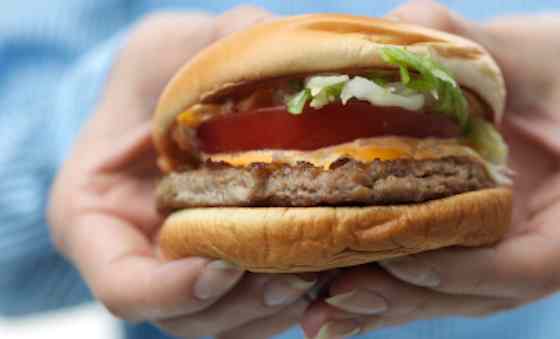- MENU
- HOME
- SEARCH
- WORLD
- MAIN
- AFRICA
- ASIA
- BALKANS
- EUROPE
- LATIN AMERICA
- MIDDLE EAST
- United Kingdom
- United States
- Argentina
- Australia
- Austria
- Benelux
- Brazil
- Canada
- China
- France
- Germany
- Greece
- Hungary
- India
- Indonesia
- Ireland
- Israel
- Italy
- Japan
- Korea
- Mexico
- New Zealand
- Pakistan
- Philippines
- Poland
- Russia
- South Africa
- Spain
- Taiwan
- Turkey
- USA
- BUSINESS
- WEALTH
- STOCKS
- TECH
- HEALTH
- LIFESTYLE
- ENTERTAINMENT
- SPORTS
- RSS
- iHaveNet.com: Health
Denise Foley

They're never going to make a "disease du jour" TV movie about NASH. The name alone -- nonalcoholic steatohepatitis, aka nonalcoholic fatty liver disease -- is unappetizing. But it's a very serious condition -- and an increasingly common one -- even if you are not a heavy drinker. If they ever do make a movie about it, it's gonna be scary -- Stephen King-style.
As many as 5 percent of Americans have NASH and another 20 percent have fat in their liver. Both those numbers are going up, possibly as a side effect of the parallel epidemic of obesity, though the condition remains as much of a mystery as black holes and Paris Hilton's popularity.
Here's what we do know: NASH is similar to the kind of liver disease caused by too much alcohol. It's marked by fat in the liver and inflammation that can lead to liver scarring, cirrhosis, cancer, and liver failure. A study published this year called liver cancer resulting from NASH "an emerging menace." In addition, researchers at the University of Washington in Seattle report that frequency of liver transplants in people with NASH has increased six-fold over the last 15 years.
You're more likely to develop this condition if you're overweight, obese, and middle-aged, though children are diagnosed with it too.
You're also at risk if you have high levels of LDL (bad) cholesterol and triglycerides, carry your weight around your middle, or are diabetic or prediabetic, a clue that the insulin your body is producing isn't working efficiently to ferry blood sugar into the cells that need it for fuel. About 70 percent of people with Type 2 diabetes have a fatty liver, though not necessarily NASH.
There are two major problems with NASH. First, in early stages it has no symptoms. You can be walking around with it for decades and not know until weakness, weight loss and fatigue raise the red flag. Second, doctors have a hard time treating it. Scientists are now looking at using antioxidants, such as vitamins C and E, to tamp down the free radical damage that may be causing some of the liver injury. They've also had some success with diabetes drugs.
Your best bet: Lose the flab.
That's the advice of Naga Chalasani, director of the division of gastroenterology and hepatology at Indiana University School of Medicine. There is some evidence that weight loss improves liver tests in people with NASH, and may even reverse the disease. In one study done at Brown University, people with NASH who lost more than 9 percent of their body weight via diet, exercise and behavior modification improved their condition significantly.
"You can help reduce the amount of fat in your liver by losing 5 percent of your body weight," says Chalasani. "But you have to lose about 10 percent to reverse cell injury and fibrosis."
If you don't have NASH, losing weight will likely help you prevent it.
As Chalasani says, "Maintaining your optimal body weight with exercise and healthy eating makes your risk of diabetes go down, and with it a lot of other things, like NASH."
Copyright © All rights reserved.
AGING | ALTERNATIVE | AILMENTS | DRUGS | FITNESS | GENETICS | CHILDREN'S | MEN'S | WOMEN'S
Health - Do You Have a Fatty Liver?